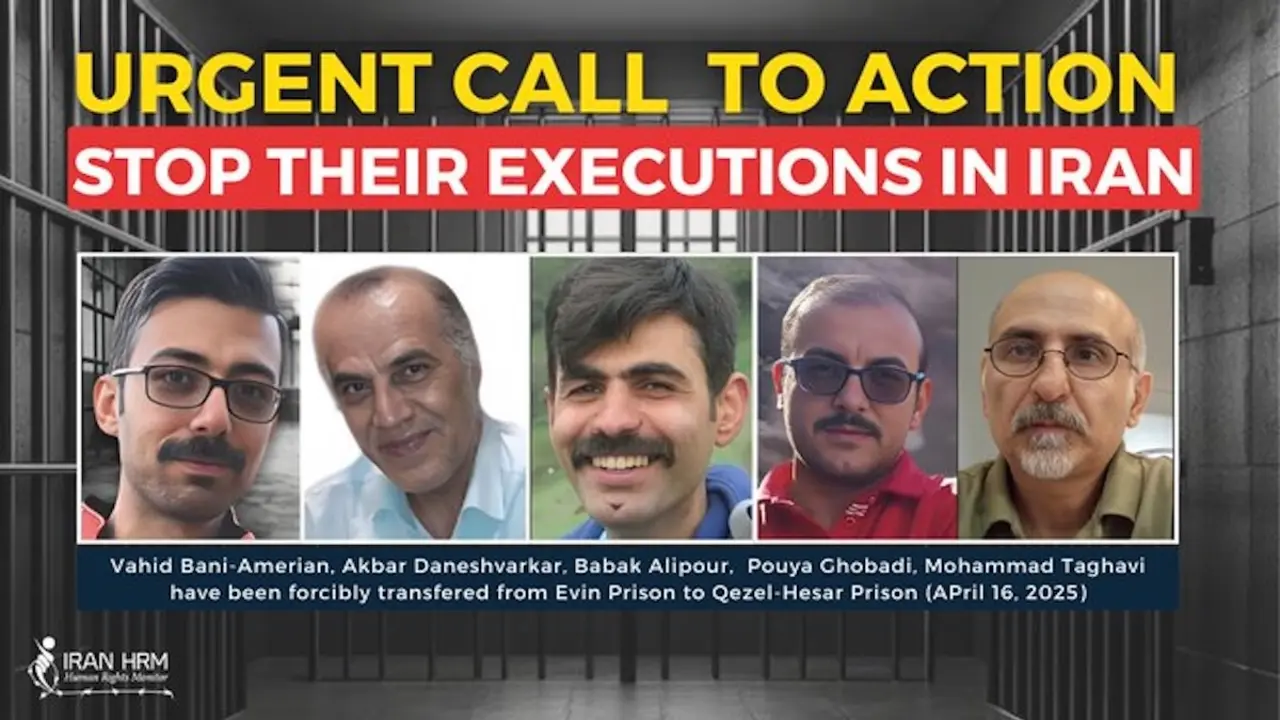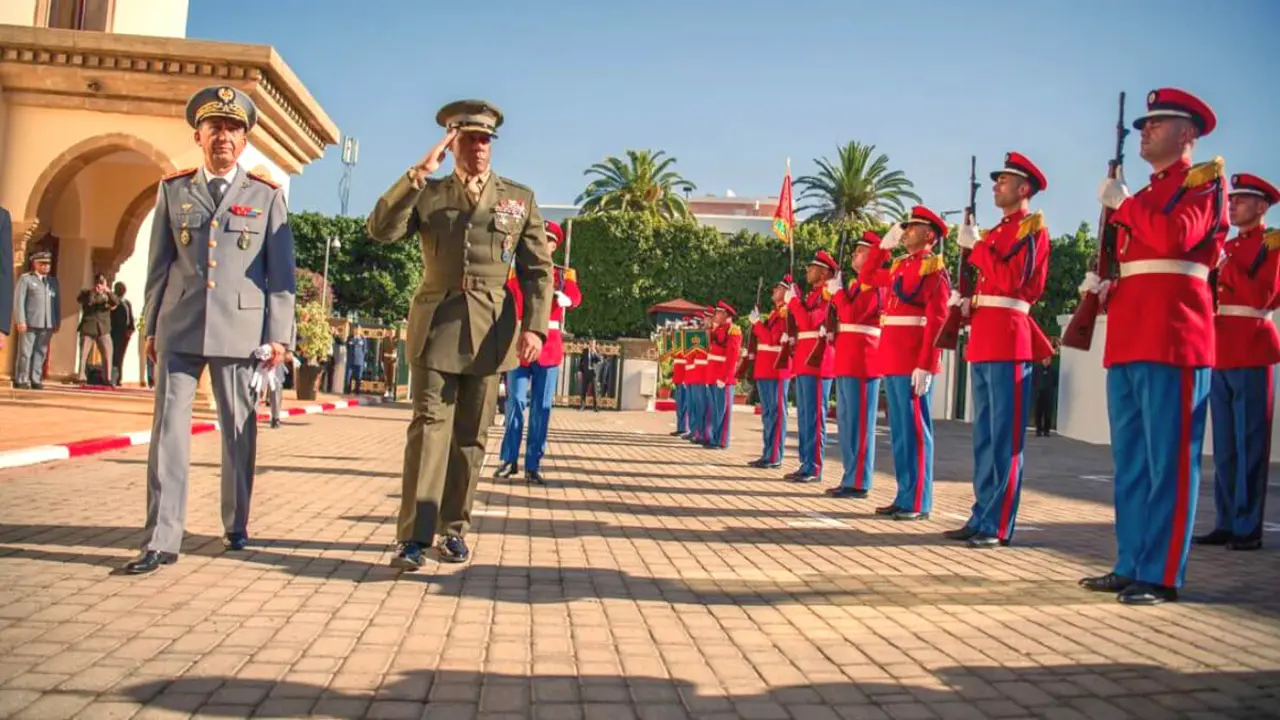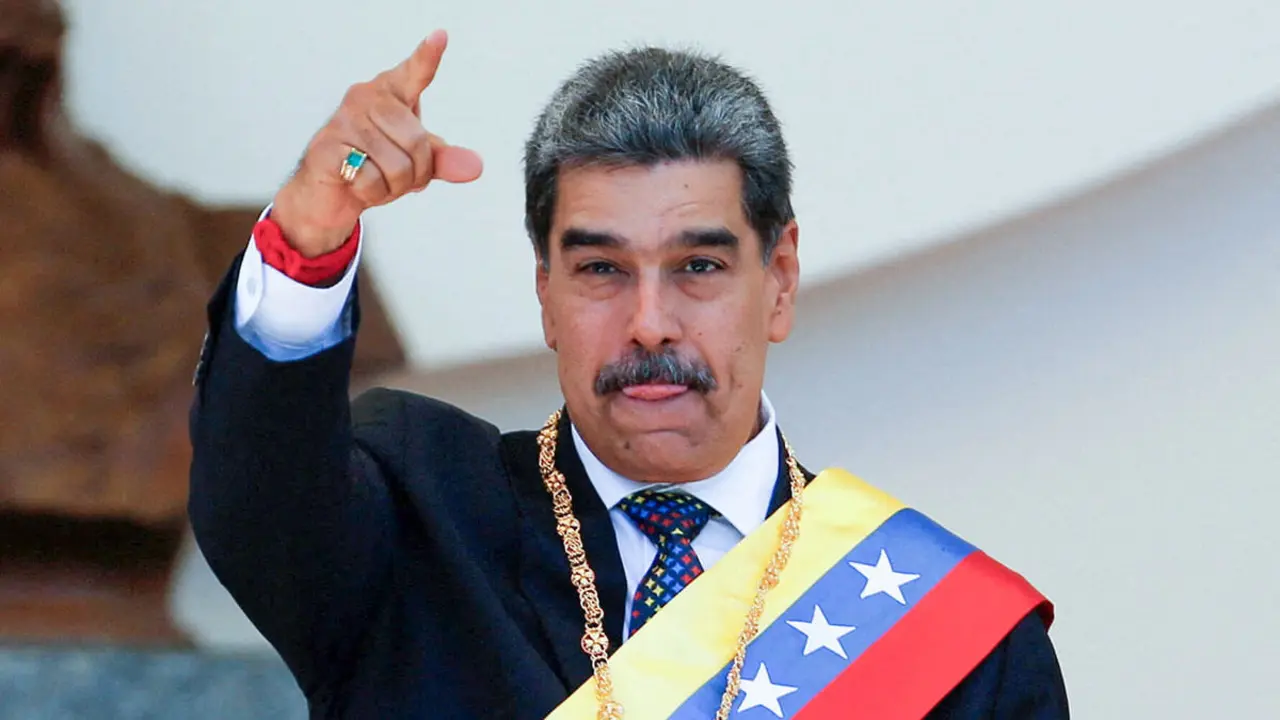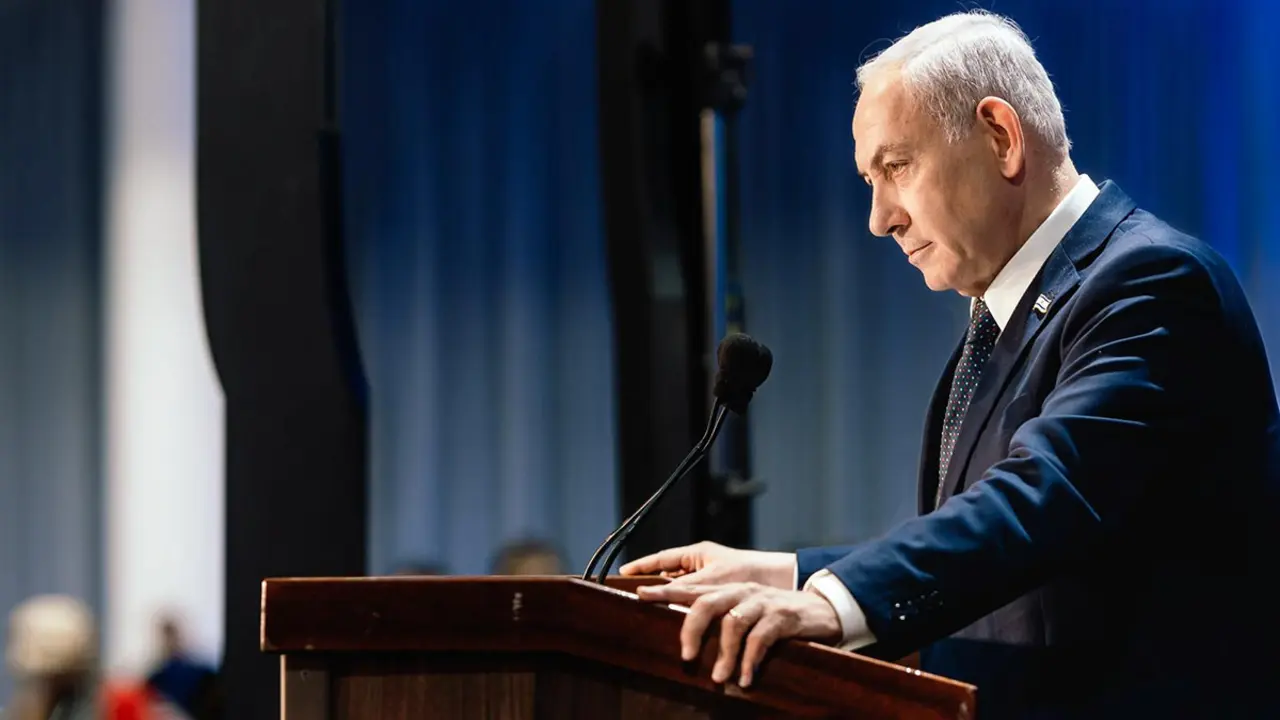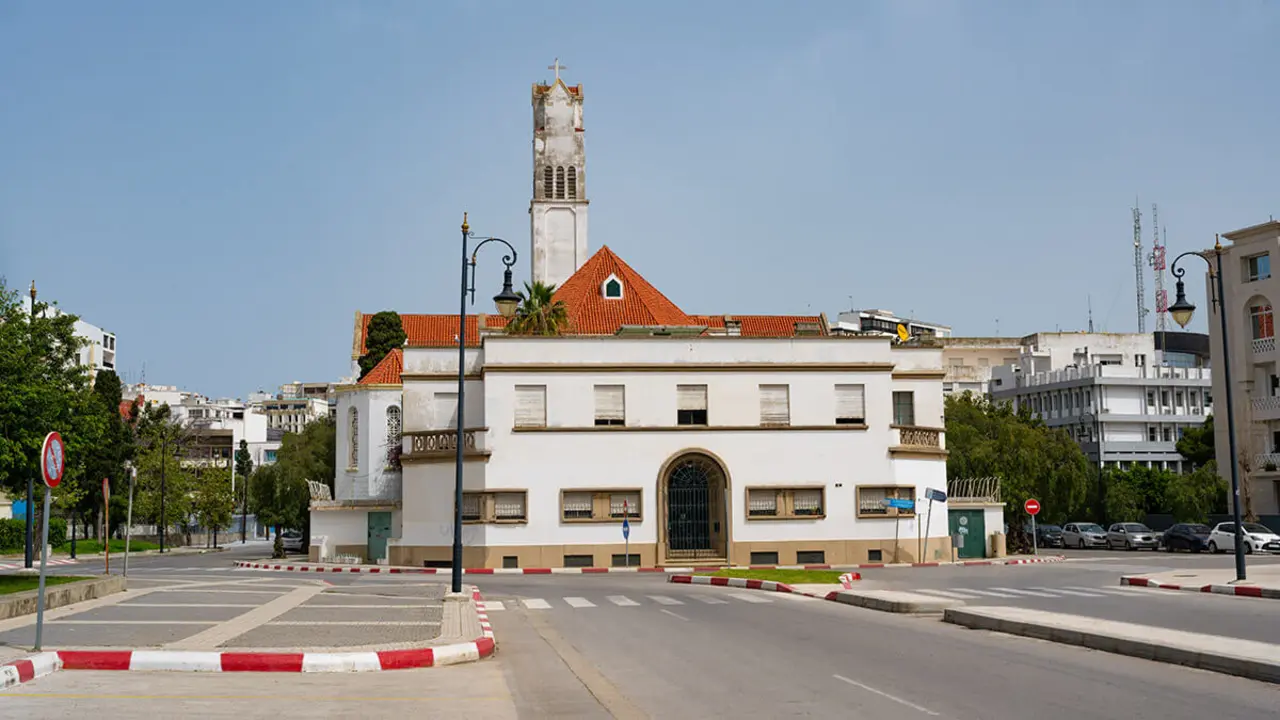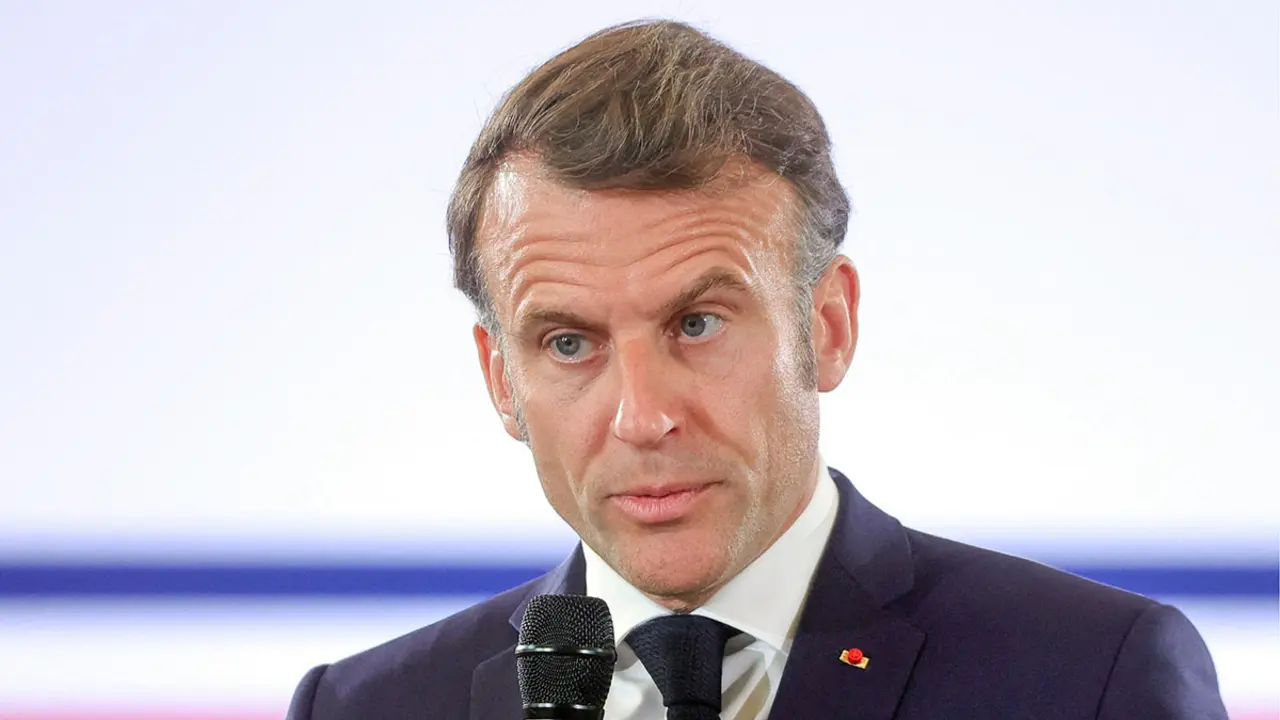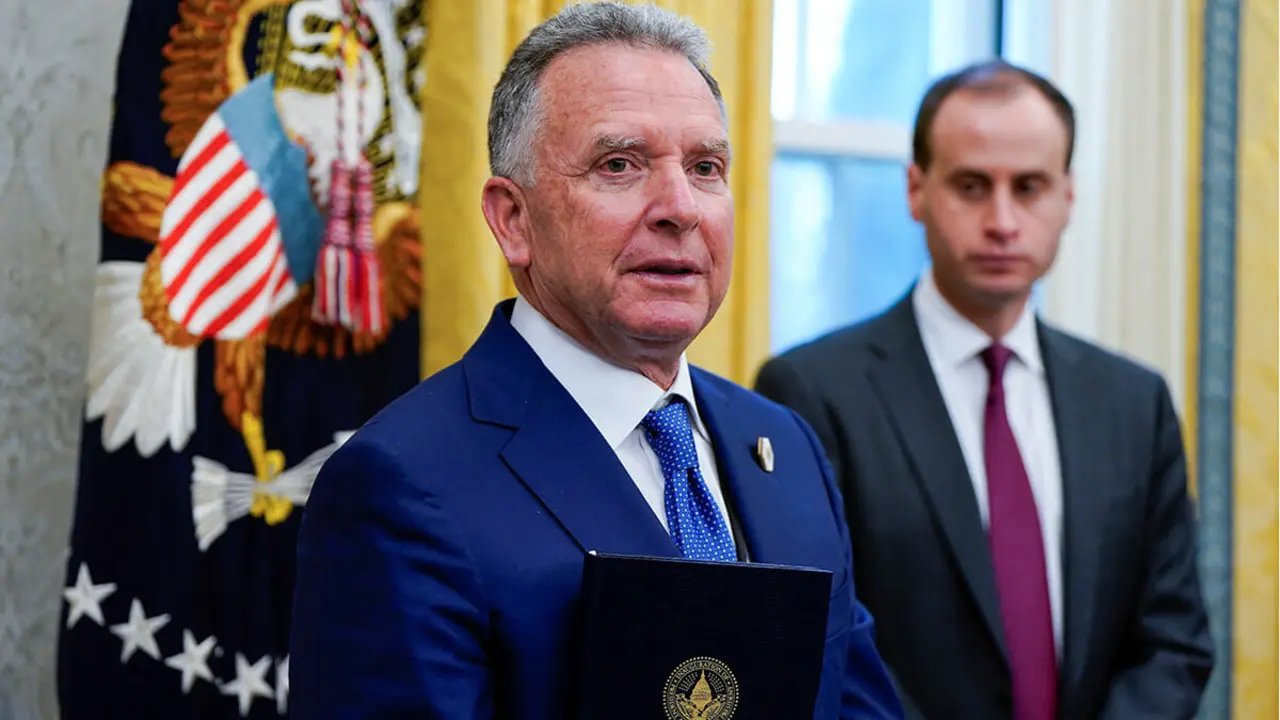Apathy dominates in Algeria a referendum marked by the president's illness

Disinterest and low participation dominated today's referendum on the proposed reform of the Constitution in Algeria, which was marked by the boycott of the opposition and the popular protest movement "Hirak", the fear of the COVID-19 and the concern generated by the mysterious state of health of the country's president, Abdelmedjid Tebboune, who was transferred to Germany on Thursday.
With no official total figures until Monday, local observers told Efe that in most regions attendance was considerably lower than in the presidential elections of last December, which Tebboune himself won with the highest abstention rate in national history, over 60%.
At 2:00 p.m., the tendency was already towards disenchantment: according to the president of the National Independent Electoral Authority (ANIE), Mohamed Charfi, at that time the participation was limited to 13.03% of the almost 24 million Algerians with the right to vote.
An apathy and shortage of voters that Efe could verify in the electoral colleges of the capital, and that in cities like Tizi Ouzu, capital of Kabylia, meant a revealing 0.6% participation at midday.
"The referendum on the Constitution is in the same line as the presidential elections, that is, completely rigged consultations, as usual," explained Efe Mebarak, a lawyer who preferred to take advantage of the national holiday to walk with his family in the capital.
"To vote for a new constitution, it would have been necessary to first vote for a real president, and that has not been the case," added the lawyer before bringing up the issue that most concerns the country at this time: "with the sick president abroad, where are we going: towards the presidential or legislative elections?
"Everything is upside down. The normal thing is that once the reform of the Constitution is approved, legislative celebrations will take place. But with the sick president, the referendum on the Constitution should have been suspended, since we may have to go to presidential elections," said Mebarak, who confessed that he had not voted since the 1999 victory of former president Abdelaziz Bouteflika, who was forced to resign in April 2019.
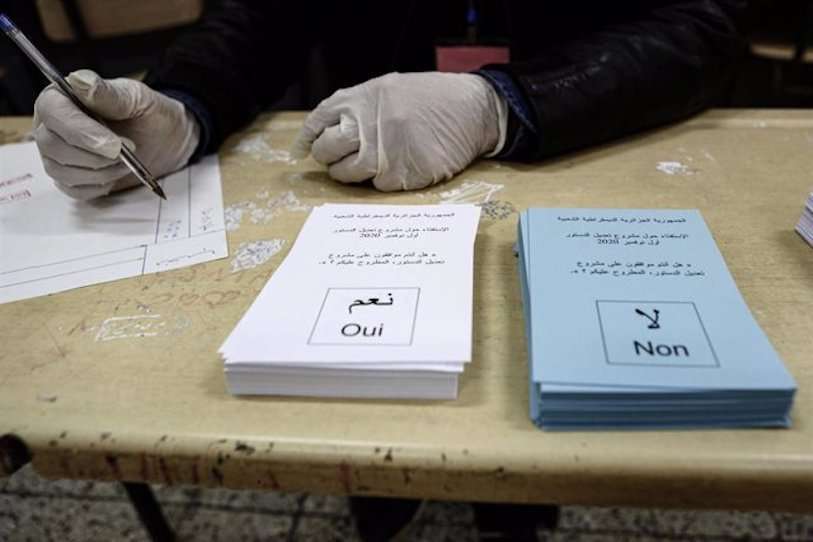
Tebboune, 75, was transferred last Thursday to an undisclosed hospital in Germany, just five days after it was announced that he had decided to "voluntarily isolate himself" in the presidential palace when a positive coronavirus was detected among his entourage.
Just 24 hours before traveling to Europe, he had been transferred and admitted to a military hospital in Algiers in the midst of the same airtightness that for years tried to hide Bouteflika's illness, who in 2013 suffered a stroke that prostrated him in a wheelchair and deprived him of speech, but did not prevent him from being re-elected a year later without even participating in the campaign.
This referendum was conceived as the penultimate act of the transition undertaken after Bouteflika's controversial resignation, and therein lies the political fear since the current president of the Senate, Salah Oudjil, 89 years old, is an interim president and according to the Constitution is not qualified to replace the head of state, which would create a dangerous power vacuum.
The president in Algeria has many unique powers, such as signing and validating constitutional reform, a traditional practice in the Algerian presidency: Bouteflika introduced three during his last three reelections, none of which had the support of the population.
This Sunday, many of those like Madjuba Rayby, a security agent, and Faycel Derdum, an official, went to the polls and expressed their wish that the slogan of the referendum - "November 1954: liberation, November 2020: change" - would truly represent a radical change in a country distressed by an acute economic crisis.
"We hope that there will really be a change as they are saying in their speeches," he assured Efe Raybi, on the day that Algeria celebrates the 66th anniversary of the beginning of the war of independence from France.
Constitutionalist experts and leaders of the opposition warn, however, that this does not seem to be the will of the regime, committed to "a new scene of change so that nothing changes".
The reform presented by Tebboune as "the beginning of the new Algeria" is limited to reforming the election of the prime minister, limiting the mandates, minimally changing the composition of the Superior Council of the Judiciary and creating the basis for a Constitutional Court.
Furthermore, it appropriates the Hirak, turning it into a national movement in an attempt to deactivate it, and its most significant reform is to authorize the intervention of the Army in peace missions abroad.

